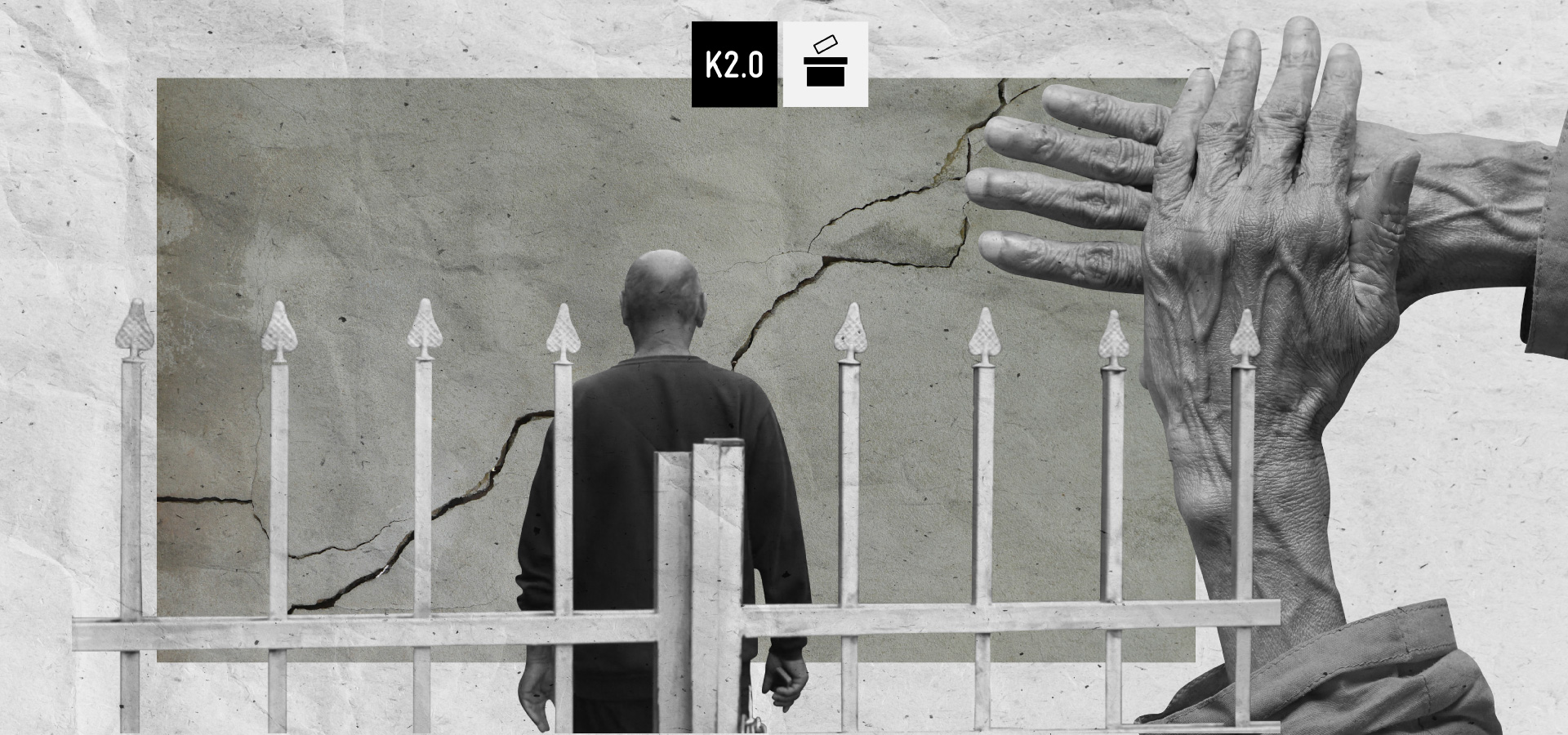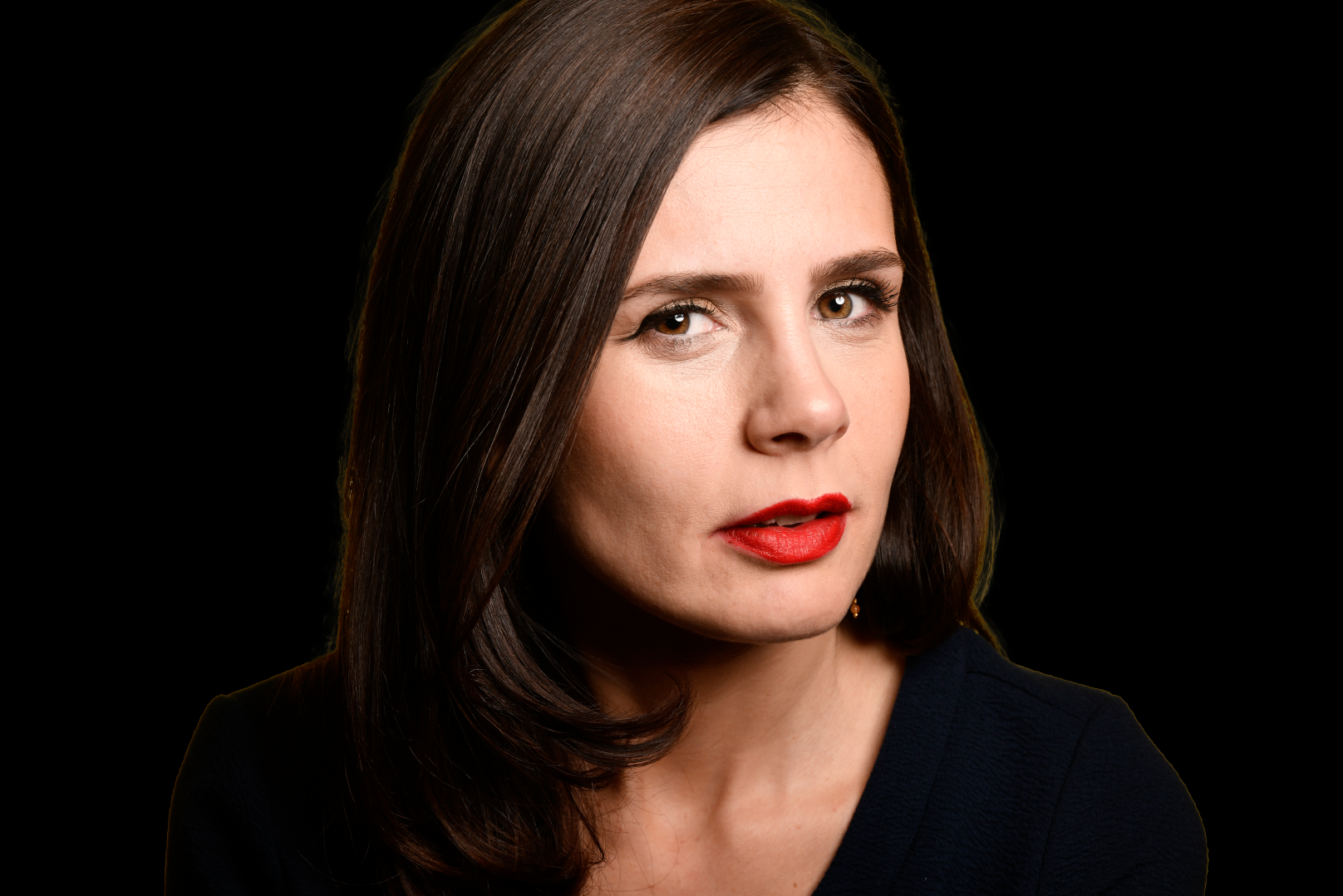
Political parties' pledges to the elderly
K2.0 analyzes election programs.
|31.01.2025
|

Dafina Halili
Dafina Halili is a senior journalist at K2.0, covering mainly human rights and social justice issues. Dafina has a master’s degree in diversity and the media from the University of Westminster in London, U.K..
This story was originally written in Albanian.